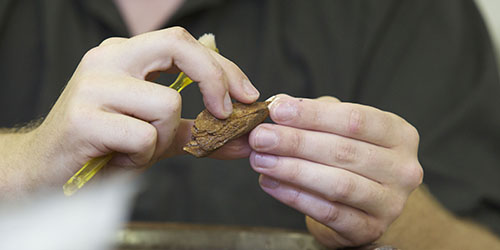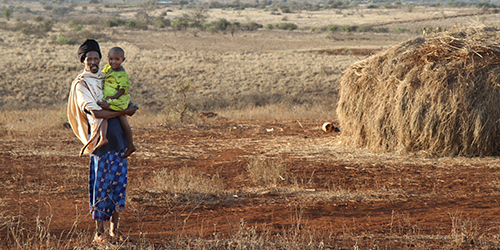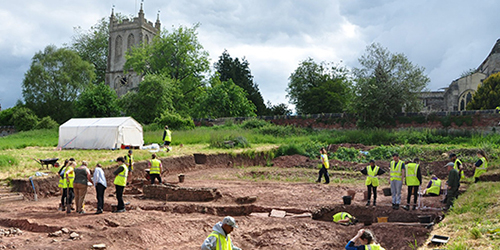Anthropology and Archaeology
Learn about the multiple possibilities and conditions of human life across the world, conduct fieldwork and develop an in-depth understanding about cultural diversity and human evolution.
Subject specialists
Learn from experts in a broad range of global challenge-led research interests, currently including language diversity, human demography and health, museums and cultural heritage and the anthropology of resource-extraction and climate change.
Unique subject breadth
The only department in the UK to offer the four fields of social anthropology, evolutionary anthropology, linguistic anthropology and archaeology.
World-class facilities
Access our cutting-edge radiocarbon accelerator, one of only four in the UK. Our archaeological practice laboratories house geophysics equipment and digital and imaging computational facilities.
Anthropology and Archaeology courses for 2026
Single Honours
Anthropology and Archaeology at Bristol
At Bristol, we will introduce you to the history, theories and practice of anthropology and archaeology, delivered by a friendly academic community at the forefront of their fields of research.
You'll benefit from the knowledge and experience of our expert staff and have opportunities to engage with their research through on-campus activities and research seminars held weekly during term times.
Our courses will equip you with the ability to handle ethnographic data and theoretical concepts, and to develop an in-depth understanding of cultural diversity and human evolution.
I like the stunning architecture of the University. Bristol is a nurturing and exciting environment, keen to help students.
Career prospects

Our students gain a robust set of transferable skills that are highly valued across various fields. These include a deep understanding of cultural diversity, intellectual adaptability, effective writing and communication abilities, critical thinking, and the capacity for independent data collection and analysis. These skills equip our students to excel in diverse professions, from business & Innovation to public policy, from heritage to education and beyond.
Many graduates undertake further research in anthropology, archaeology or related disciplines; others pursue careers in museums, heritage, policy, development, health and business. Our graduates also find work in non-governmental agencies, the arts sector, broadcasting, editing, finance, and many other fields.
Our staff hold long-standing links with the thriving creative and media-tech industry in Bristol, which can lead to internship and work opportunities for our students - such as museums, film and animation, and both local and national charities and organisations.
Course structure

Teaching is delivered through a mix of lectures, discussion groups, and tutorial sessions. We enrich these with creative workshops and hands-on work placements. Field trips also play a key role in our practical learning approach.
Core units each year cover essential elements of theory and practice. These are combined with optional units in more specialised periods, themes or regions, and there is the opportunity to study abroad for one teaching block during the second year or take a work placement unit in the third year. For more information, visit the Centre for Study Abroad.
Your dissertation project in your final year provides the opportunity to conduct original research in an area of particular interest to you, supervised by a specialist in the field.
Sample units may include:
- The Anthropology of Gender and Childhood
- Playing Cultures: sports, games and bodily practices
- Lives on the Move: Migration and Mobility from a Global Perspective
- A Planetary Caribbean: Land. Sea. Sky. Plantation. Plot
- Plants and People
- Cultural Heritage of the Built Environment
- Introduction to Forensic Anthropology
- How Societies Evolve
- Discovering the Past
- Archaeological Practise.
Unique surroundings

The department is housed in a historic arts and crafts building in the centre of the University precinct. We share this space with the bones of over 600 skeletons, excavated in the South West, which will be examined before being reburied. Our community of students and staff across the four fields of Anthropology mix regularly through a programme of informal and academic events.
The city boasts an extraordinary range of archaeological sites nearby, including Roman sites, prehistoric landscapes and castles.
